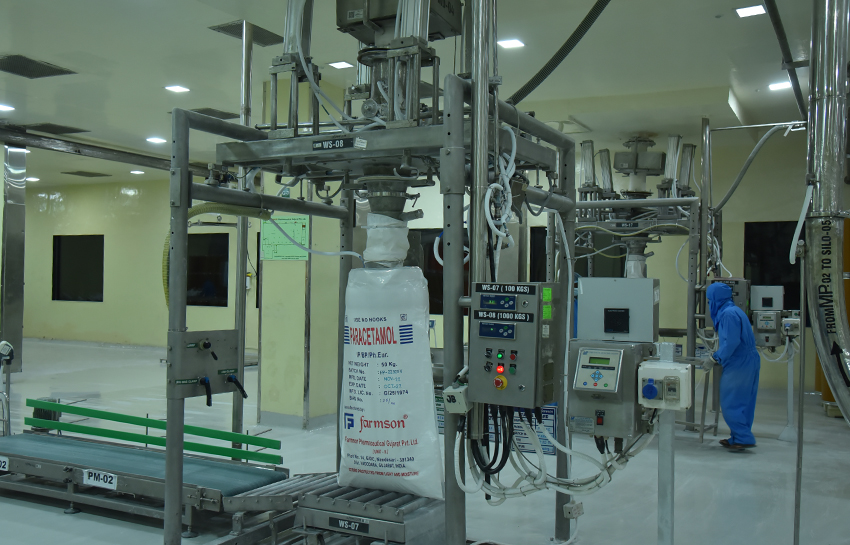In the realm of pharmaceuticals, where every API has the potential to impact quality of the medicine, ensuring safety and efficacy is paramount. Quality control stands as the cornerstone of pharmaceutical manufacturing, playing a vital role in safeguarding the integrity and reliability of medications. Let’s delve into why quality control is indispensable in pharmaceutical production and how it shapes the industry’s standards.
The Pillars of Quality Control:
1. Stringent Standards: Quality control in pharmaceutical manufacturing begins with adherence to stringent standards set by regulatory authorities such as the FDA (Food and Drug Administration) and WHO (World Health Organization). These standards encompass every aspect of the manufacturing process, from raw material sourcing to packaging and distribution.
2. Batch Testing: Each batch of Paracetamol API undergoes rigorous testing to ensure consistency, purity, and potency. Quality control measures include chemical analysis, microbial testing, and stability studies to verify that the product meets predetermined specifications and is safe for consumption.
3.Traceability: Quality control systems incorporate robust traceability mechanisms to track and monitor the journey of raw materials and finished products throughout the manufacturing process. This enables swift identification and containment of any quality issues, minimizing the risk of contamination or defects.
The Impact on Patient Safety:
1.Ensuring Efficacy: Quality control measures validate the efficacy of pharmaceutical products by confirming that they contain the correct dosage of active ingredients and maintain their therapeutic properties throughout their shelf life. This instills confidence in healthcare professionals and patients alike, ensuring that the medication delivers the intended health benefits.
2.Mitigating Risks: Quality control serves as a safeguard against potential risks associated with substandard or counterfeit medications. By conducting comprehensive quality checks at every stage of production, pharmaceutical manufacturers can detect and eliminate deviations from quality standards, reducing the likelihood of adverse effects or treatment failure.
Related Topic: The Power of Quality Ingredients and production processes – Exploring Our PNCB Route to Paracetamol Manufacturing Excellence
Farmson’s Commitment to Quality:
At Farmson Pharmaceuticals, quality control is ingrained in our DNA. We uphold the highest standards of manufacturing excellence, employing state-of-the-art technologies and stringent quality control protocols to deliver safe, reliable, and effective medications to our customers worldwide. Our dedicated team of quality assurance professionals works tirelessly to ensure that every product bearing the Farmson name meets or exceeds regulatory requirements and industry best practices.
In the dynamic landscape of pharmaceutical manufacturing, quality control serves as the linchpin that upholds the integrity, safety, and efficacy of medications. By embracing robust quality control practices, pharmaceutical companies like Farmson demonstrate their unwavering commitment to patient safety and public health, ensuring that every dose dispensed instills confidence and fosters well-being.



 Posted by
Posted by